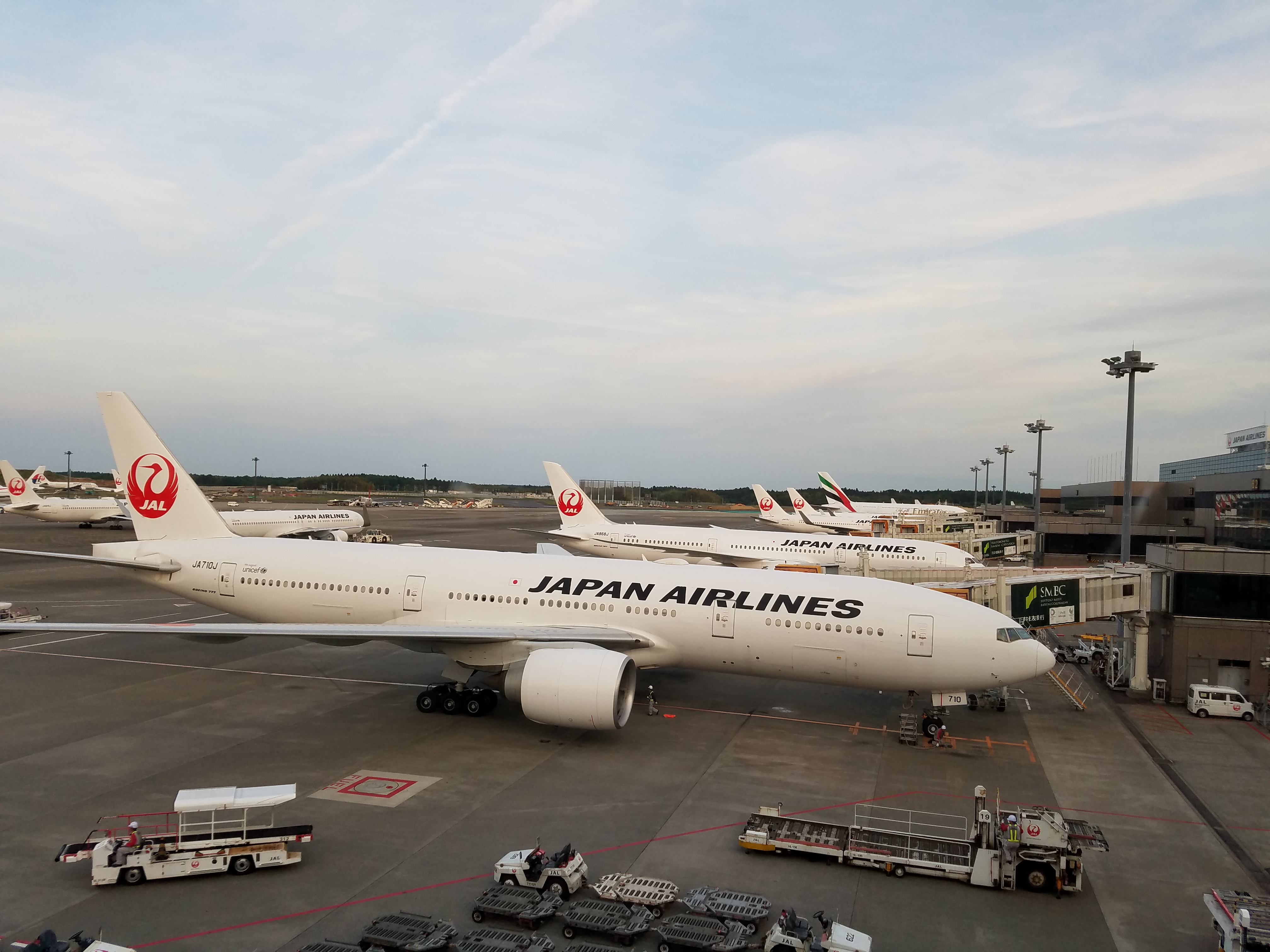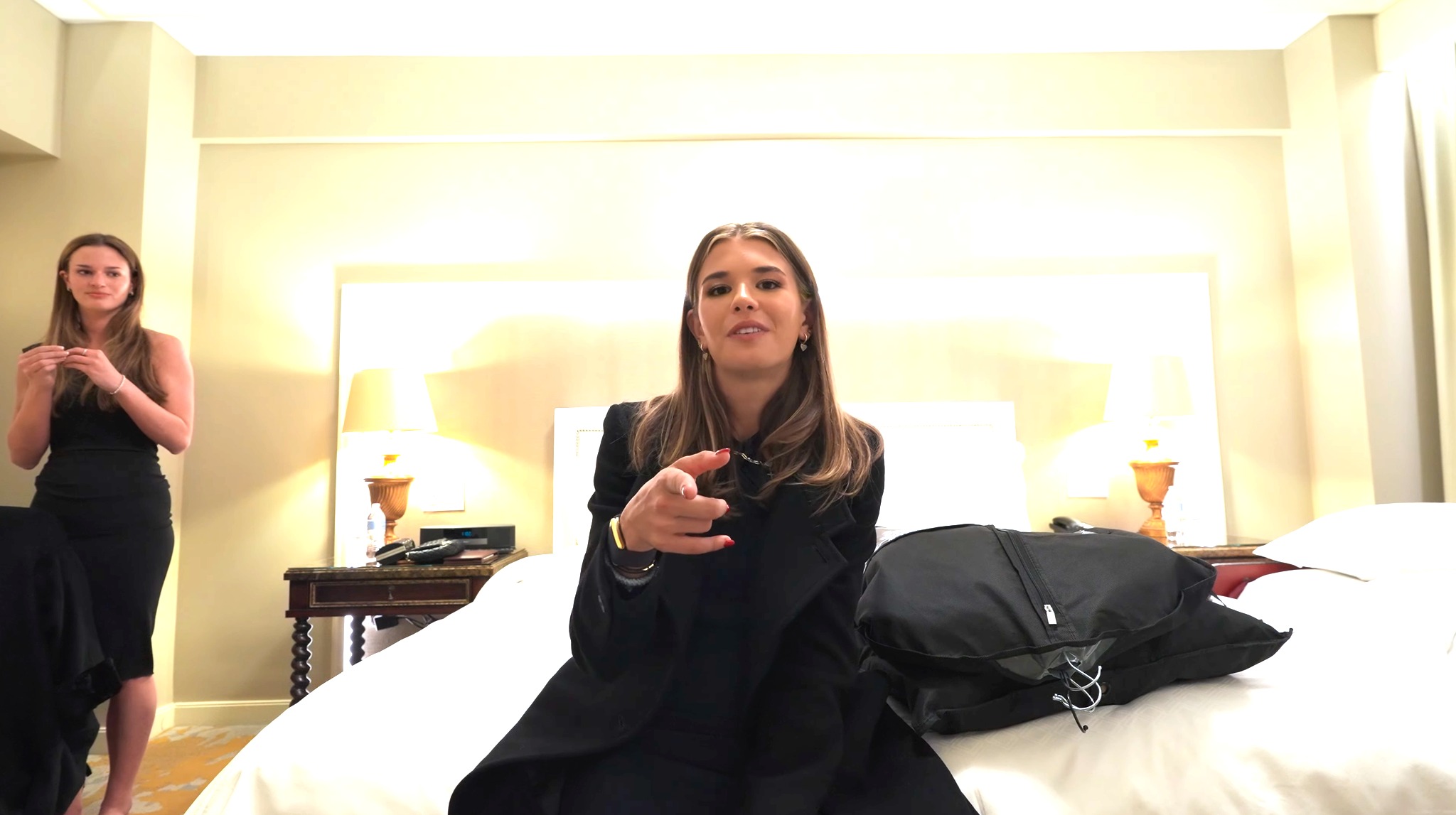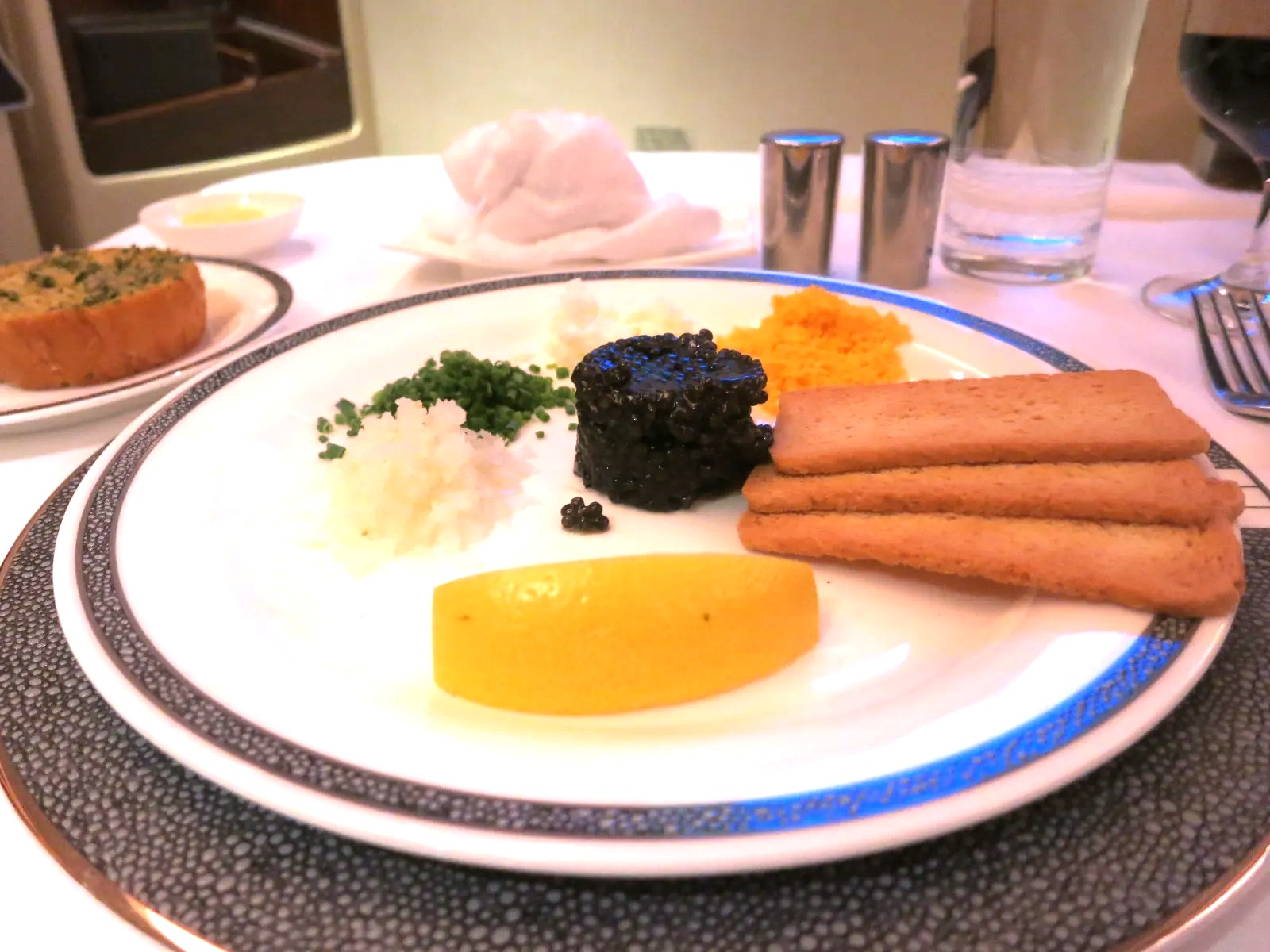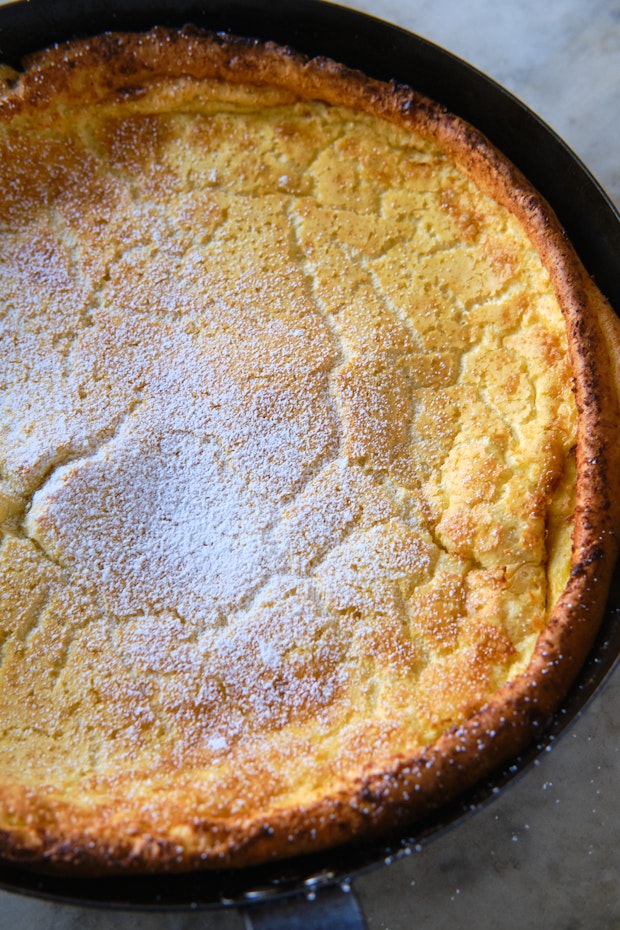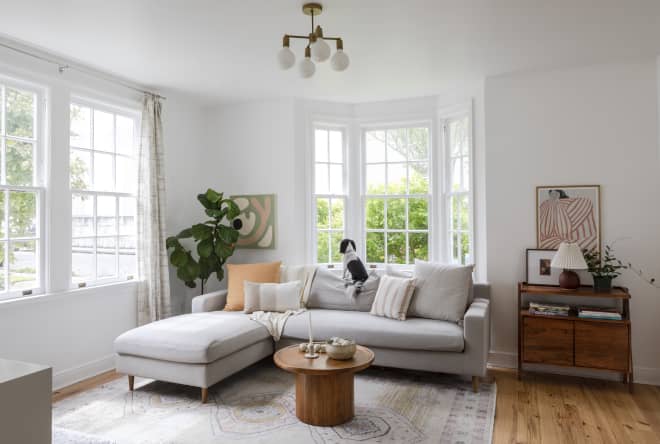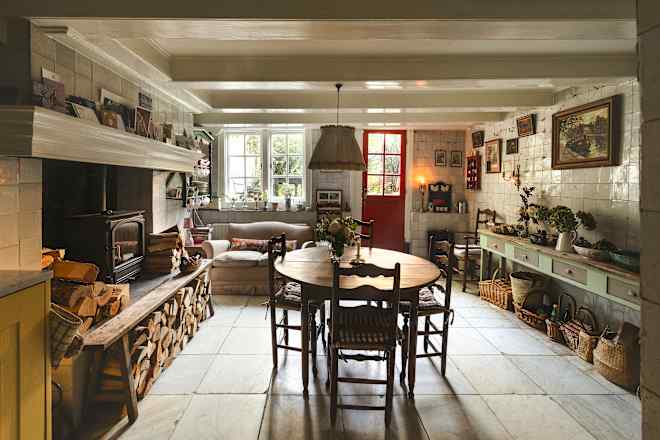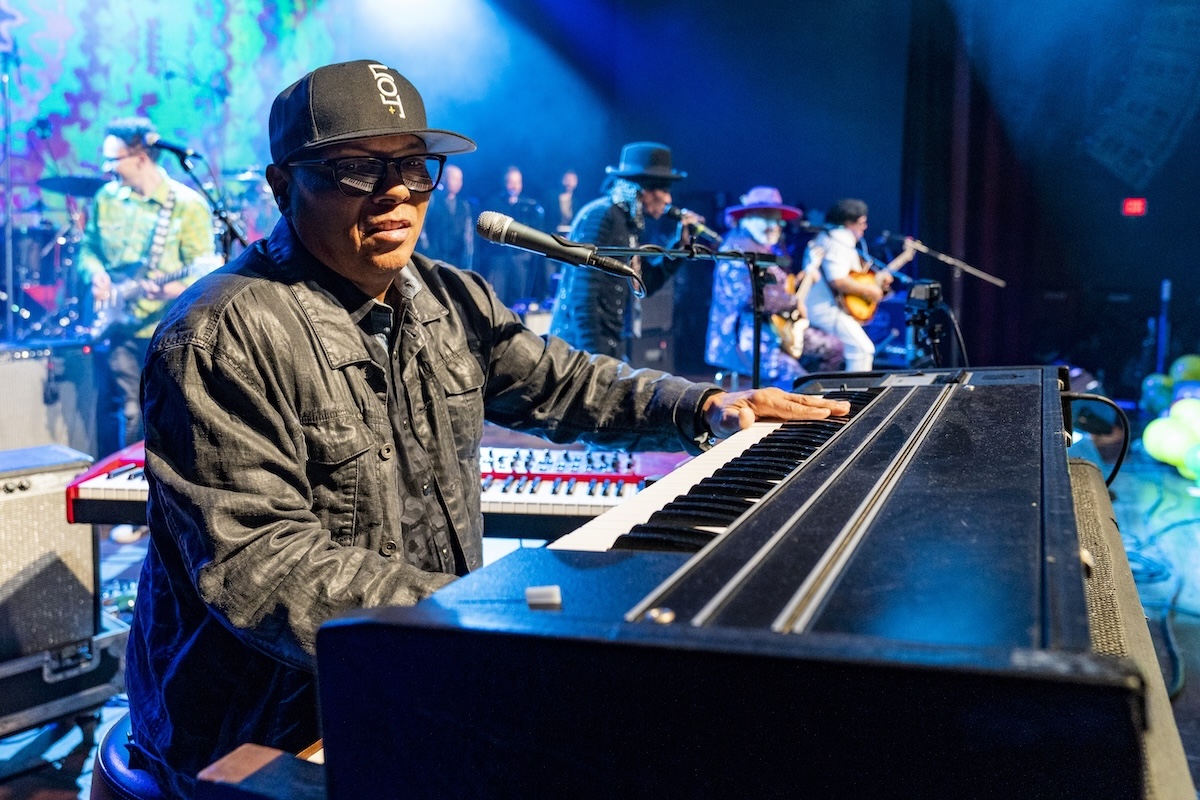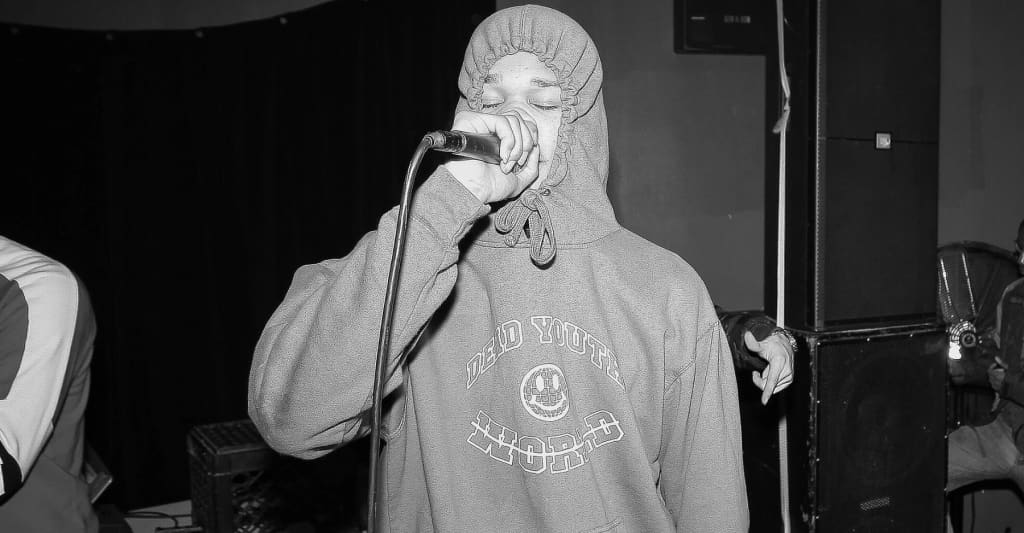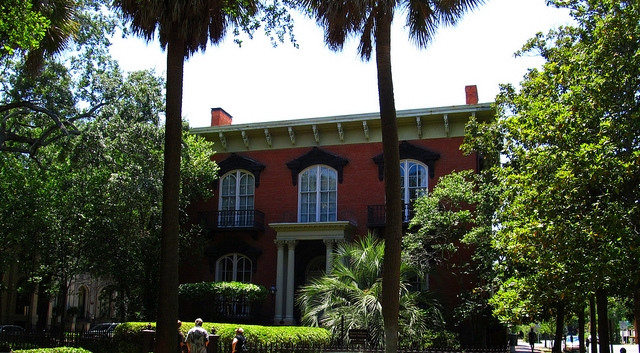Hitler's Bunker in Bruly-de-Pesche in Couvin, Belgium
A moss-covered, square-cement building blends into the woodlands landscape outside the village of Brûly-de-Pesche in the South of the Province of Namur. The unsuspecting building was once the bunker accompanying Hitler's temporary headquarters for three weeks in June, 1940, prior to his invasion of France. Only a few kilometers from France, the site is discreet but ideally located. From there, Hitler orchestrated the battle of France from June 6 and on. Known by the code name Wolfsschlucht, meaning Wolf's Gorge, the site still bears the scars of Hitler's stay and has the original concrete bunker, as well as two reconstructed Bavarian-style chalets in which the Fuhrer stayed. The two chalets are now exhibition centers. One of the buildings has a 20-minute film about Hitler's arrival and photographs charting the German occupation of the area. The other chalet is dedicated to the local resistance effort. Touch screens, videos, films, and educational signs in French, Dutch and English, tell the story of Hitler’s short time here. Numerous objects and accounts from the locals, resistance fighters, and descendants provide locals’ perspectives on the traumatic event.

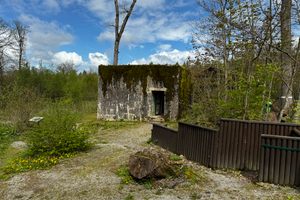
A moss-covered, square-cement building blends into the woodlands landscape outside the village of Brûly-de-Pesche in the South of the Province of Namur. The unsuspecting building was once the bunker accompanying Hitler's temporary headquarters for three weeks in June, 1940, prior to his invasion of France.
Only a few kilometers from France, the site is discreet but ideally located. From there, Hitler orchestrated the battle of France from June 6 and on. Known by the code name Wolfsschlucht, meaning Wolf's Gorge, the site still bears the scars of Hitler's stay and has the original concrete bunker, as well as two reconstructed Bavarian-style chalets in which the Fuhrer stayed.
The two chalets are now exhibition centers. One of the buildings has a 20-minute film about Hitler's arrival and photographs charting the German occupation of the area. The other chalet is dedicated to the local resistance effort. Touch screens, videos, films, and educational signs in French, Dutch and English, tell the story of Hitler’s short time here. Numerous objects and accounts from the locals, resistance fighters, and descendants provide locals’ perspectives on the traumatic event.
What's Your Reaction?







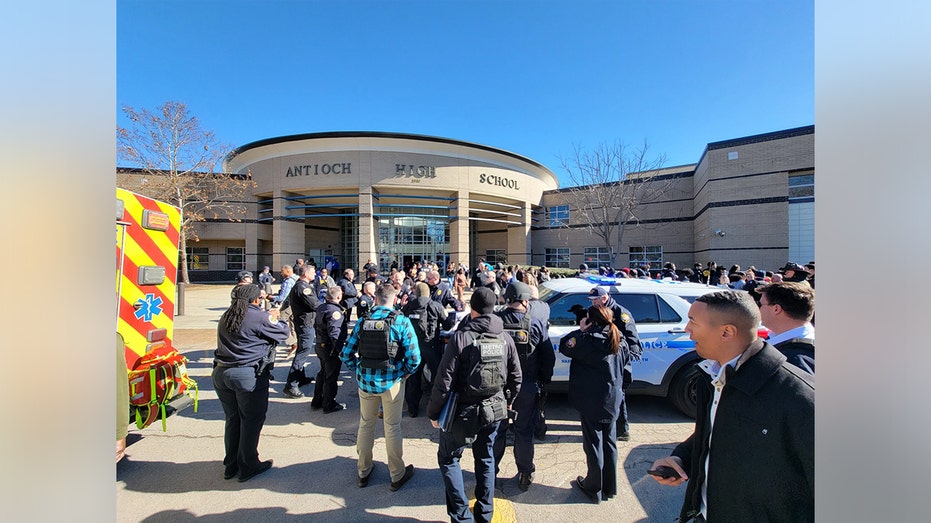
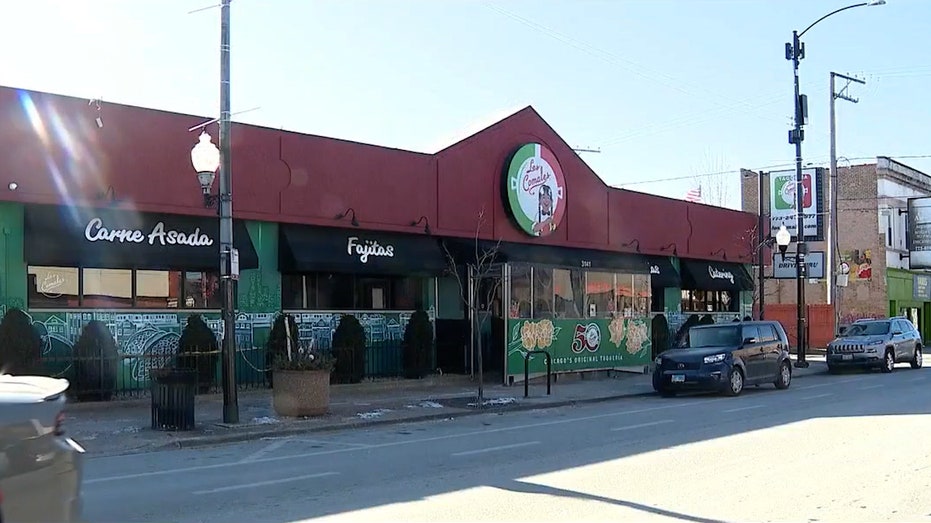



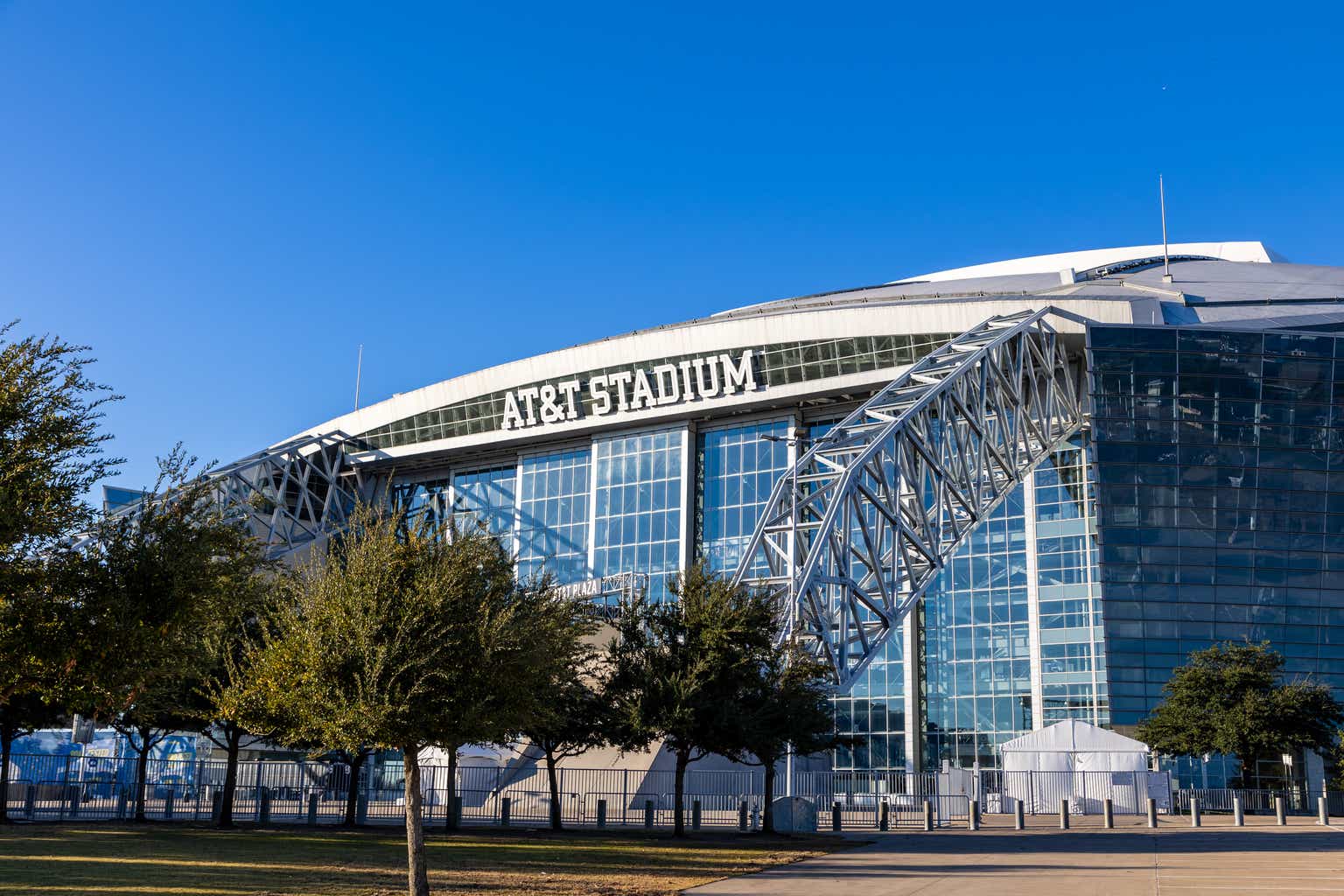















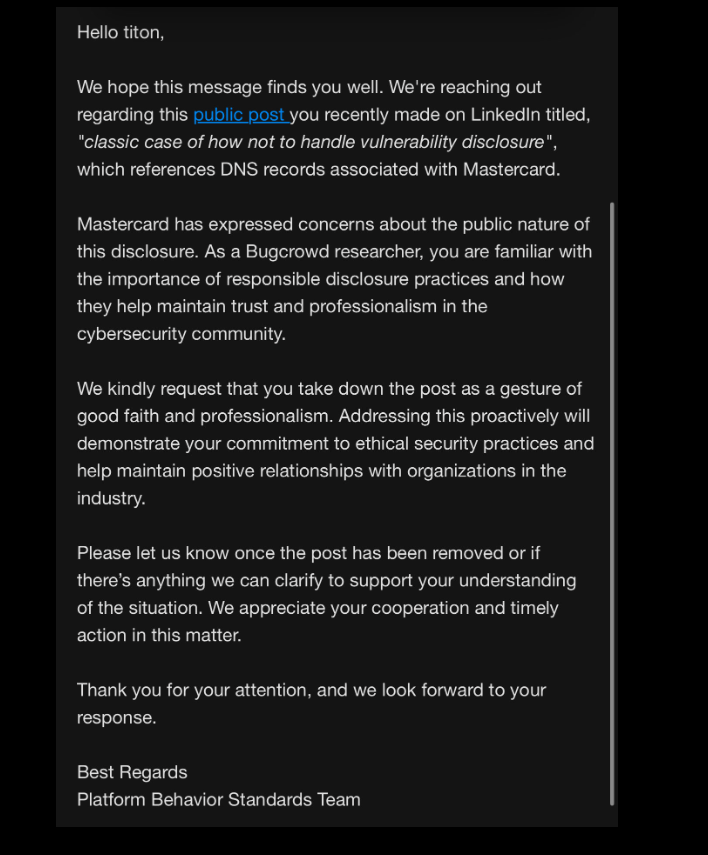

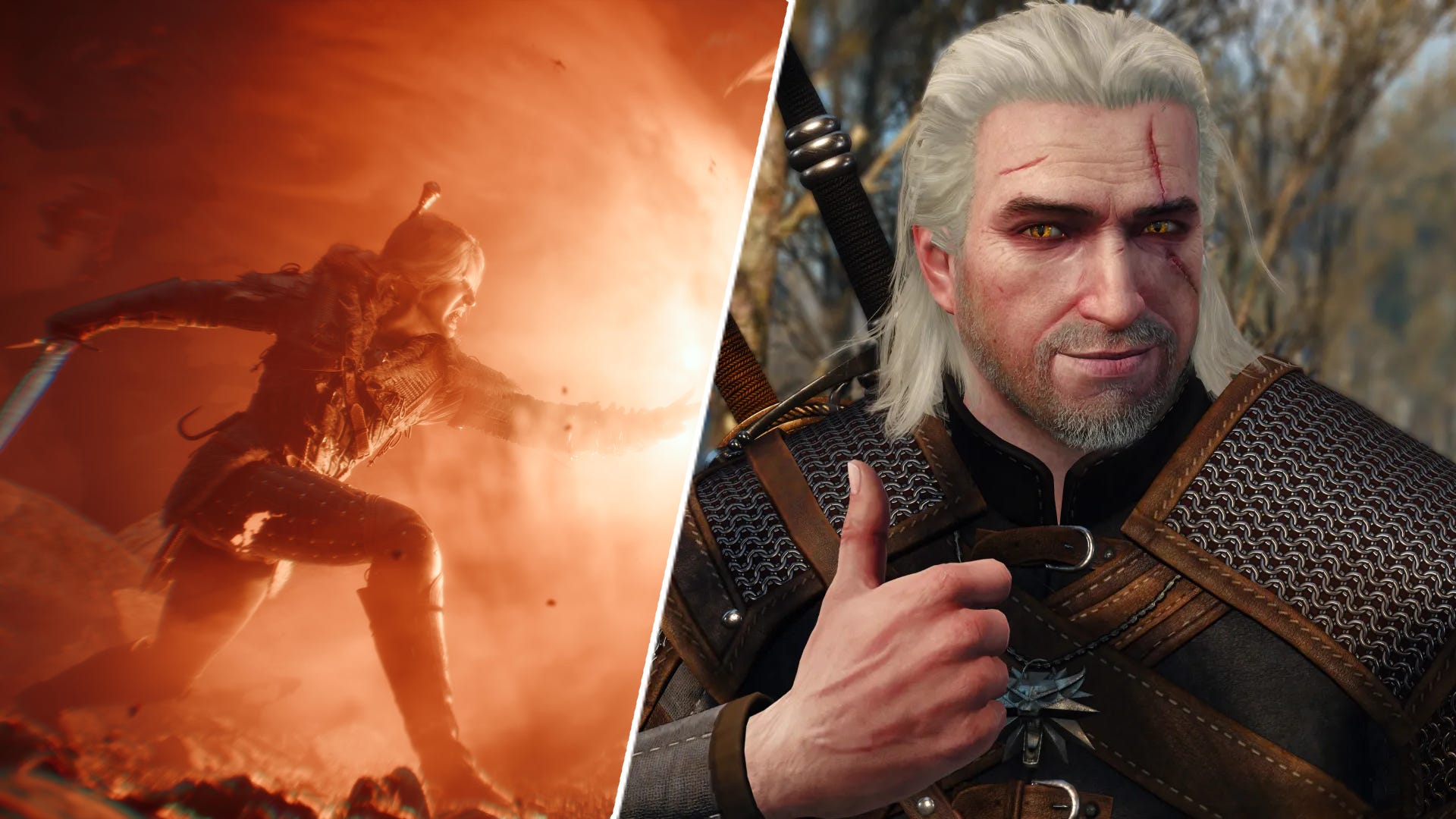
.jpg?width=1920&height=1920&fit=bounds&quality=80&format=jpg&auto=webp#)



















